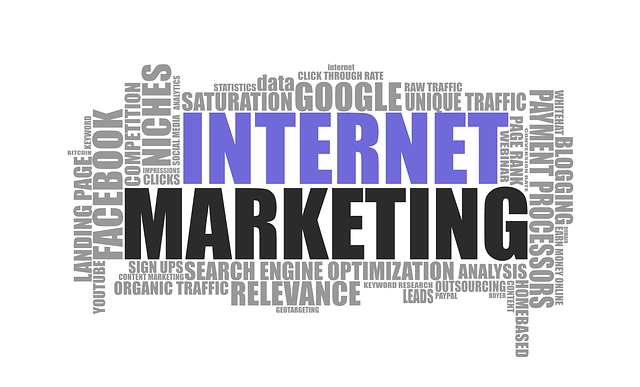In today's digital age, AI, particularly real-time kitchen display systems powered by deep learning, is revolutionizing hospitality business operations. These systems predict customer demand, optimize inventory management, and enhance communication between front-of-house and back-of-house teams, significantly boosting efficiency and customer satisfaction. Implementing and optimizing AI infrastructure, including cloud-based solutions, with scalable architectures, regular hardware updates, automated model deployment tools, and robust data governance policies, allows businesses to harness these technologies effectively for competitive advantages.
“The integration of Artificial Intelligence (AI) into business operations has sparked a revolution, with deep learning at its forefront. This article explores the transformative potential of AI in various sectors, focusing on the practical application of deep learning infrastructure. We delve into how AI is enhancing decision-making processes and optimizing strategies. Furthermore, we examine the specific use case of AI real-time kitchen display systems, highlighting their efficiency and impact on industry standards.”
- Understanding AI Business Applications: The Rise of Deep Learning
- Building Blocks: Creating Efficient AI Real-Time Kitchen Display Systems
- Implementing and Optimizing: Best Practices for AI Infrastructure
Understanding AI Business Applications: The Rise of Deep Learning

In today’s digital era, Artificial Intelligence (AI) is revolutionizing businesses across various sectors, and its impact is particularly profound in the realm of data-driven decision making. One prominent application of AI is through real-time kitchen display systems, which are transforming the culinary industry. These advanced systems leverage deep learning algorithms to streamline operations in restaurants and hotels, enhancing efficiency and customer satisfaction. By analyzing vast amounts of data in real-time, these AI models can predict demand, optimize inventory management, and even suggest personalized menu items.
Deep learning, a subset of machine learning, has emerged as a game-changer due to its ability to learn from complex datasets. In the context of AI business applications, it enables automated processes, accurate predictions, and intelligent decision-making. For instance, in the hospitality industry, deep learning algorithms can analyze customer preferences and behavior patterns to offer customized experiences. This not only improves customer retention but also fosters a competitive edge for businesses adopting such technologies early on.
Building Blocks: Creating Efficient AI Real-Time Kitchen Display Systems

The heart of any modern restaurant lies in its kitchen, where efficient workflows and precise execution are key to delivering a superior dining experience. AI real-time kitchen display systems are transforming this dynamic environment by serving as the building blocks for smarter, more responsive culinary operations. These cutting-edge tools leverage deep learning algorithms to streamline various tasks, from order processing to inventory management.
By analyzing vast amounts of data in real-time, these AI systems can anticipate customer demands, optimize ingredient usage, and reduce waste. Moreover, they facilitate seamless communication between front-of-house and back-of-house staff through intuitive, digital displays that update orders instantly. This enhances overall kitchen efficiency, enabling chefs to focus on crafting exceptional dishes while ensuring timely service.
Implementing and Optimizing: Best Practices for AI Infrastructure

Implementing and optimizing AI infrastructure is a crucial step for businesses aiming to leverage deep learning technologies, such as real-time kitchen display systems. Best practices involve ensuring scalability and flexibility in your architecture, allowing for seamless integration of new models and data sources. Cloud-based solutions offer a robust foundation, providing both compute power and storage capacity on demand, which can significantly reduce costs and development time.
Regularly updating and monitoring hardware resources is essential to handle the computational demands of deep learning tasks. Utilizing automated tools for model deployment and management streamlines processes, ensuring efficient operations. Additionally, implementing robust data governance policies and security measures, tailored to the specific needs of AI applications, is vital to protect sensitive information and maintain compliance with relevant regulations.
The integration of AI, particularly deep learning, into business strategies is transforming industries, with AI real-time kitchen display systems leading the charge in enhancing operational efficiency. By understanding the applications and building efficient infrastructure, companies can optimize their processes and stay ahead in today’s digital landscape. Implementing best practices for AI infrastructure ensures that these advanced systems deliver accurate, real-time insights, revolutionizing how businesses manage complex tasks.
